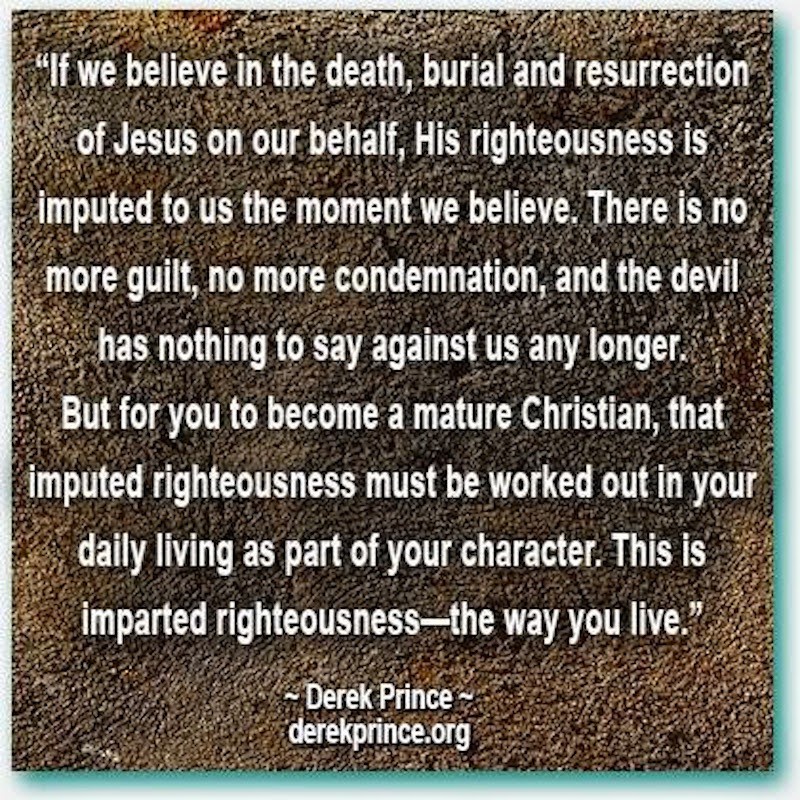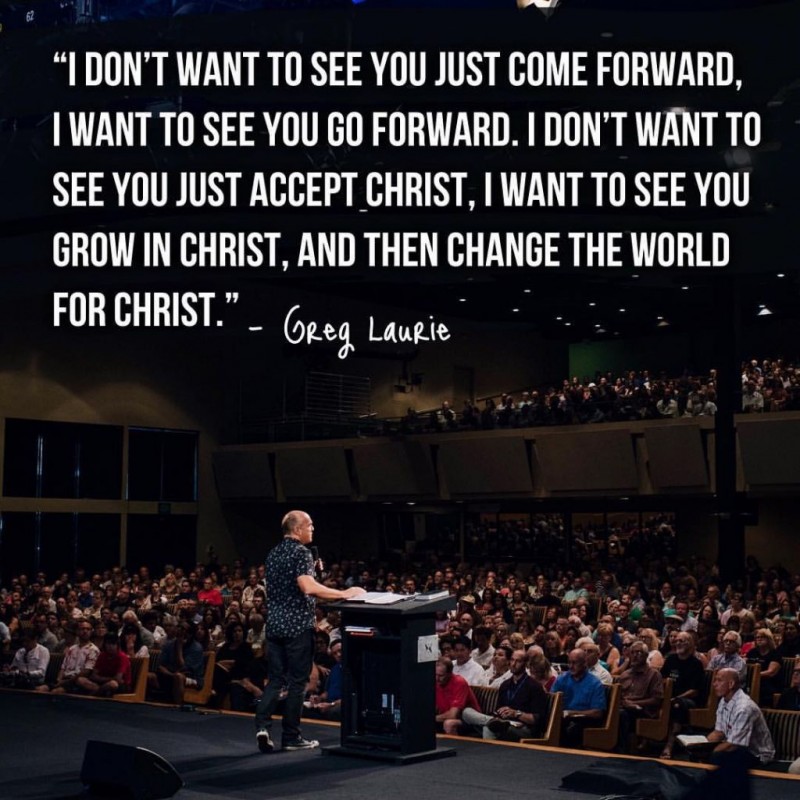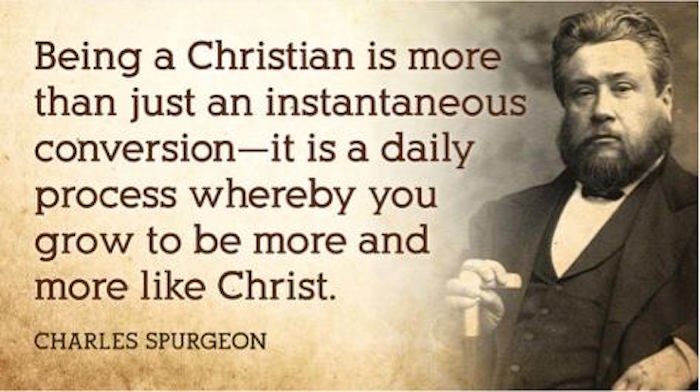
Salvation can be seen as a beautiful garden patch God gave to us without us having to work for it. What should we do with this undeserved gift? What does it mean to work out our salvation?
Let’s consider the analogy of a little garden plot with a myriad of flowers adorning it. This garden can be likened to God’s gift of salvation to us. Of course, we should spend time admiring it and give glory to God for its beauty. But we simply cannot stop there—by being passive about it. We have to tend, cultivate and maintain that little garden patch. We need to water it, add fertiliser, protect it from pests, remove from it dead flowers from time to time and so on. Otherwise, with time, the flowers will wilt and what remains is just faded glory.

Why keep on harping on the fact we are saved by FAITH? That every believer should know. No right thinking believer disputes the fact that we are saved by faith. What is crucial is that which follows conversion. What do we do next? Genuine faith has to be evidenced by WORKS: “As the body without the spirit is dead, so faith without deeds is dead” (James 2:26). Paul echoes this need for personal responsibility—to work out our faith with fear and trembling (Philippians 2:12).

A world of difference exists between ‘work for’ and ‘work out’. Author J. Oswald Sanders draws an analogy between salvation and an estate. We do not have to feverishly work for an estate. We have already been given an estate. But we have to work it out—develop the estate’s hidden resources.


If we believe that we do not have to work out our faith, then we will have to cut away the following verses from our Bible:
- Work out your faith with fear and trembling: Philippians 2:12-13
- Keep striving: Philippians 3:12-14
- Run the race with discipline so we won’t be disqualified: 1 Corinthians 9:24-27
- Bear fruits that befit repentance and don’t rest on your spiritual laurels: Luke 3:8
- Narrow and hard is the way to life: Matthew 7: 13-14
- Holiness requires effort; confirm your election: 2 Peter 1: 5-8, 10
Going back to the above analogy of a God-given garden patch, how do we tend and maintain it?
The apostle Paul enjoins believers to live purposefully—enlightened by an understanding of God’s will—because the days are evil. “Look carefully then how you walk, not as unwise but as wise, making the best use of the time, because the days are evil. Therefore do not be foolish, but understand what the will of the Lord is” (Ephesians 5:15-17).
While some of us may have high-profile gifts, others assume a quieter role in the background (Ephesians 4:11-13, Romans 12:6-8, 1 Corinthians 12: 4-7). For example, if we are not called to be pastors or teachers of the Word, we can exercise our gifts in other areas such as hospitality (1 Peter 4:9-11).
Believers have a limited, finite period to discharge the God-ordained task He has placed in our hands. We must emulate the sense of urgency in Jesus’ life and mission. “We must work the works of him who sent me while it is day; night is coming, when no one can work (John 9:4).
Being faithful also means that we are willing to be good stewards of the time, talents and resources God has endowed us with (Parable of the Talents). The servants who received five and two talents were equally commended for being faithful. The productivity facts and figures aren’t exactly what God is looking for; it’s our faithfulness in managing the talents that counts. Woe betides any believer who buries his talent. Such a believer is epitomised by the one-talent servant who was condemned as wicked and slothful and cast into the outer darkness (Matthew 25:14-30).
So let’s work out our faith—be faithful stewards and servants—and we will one day reap an everlasting reward (1 Corinthians 15:58).
RELATED POSTS
Some compare the Christian life to a walk in the park. They say everything is by faith. You just have to believe in what Jesus has done for you at the cross. Anything more than that smacks of self-effort, pride and legalism.
It’s great to experience God’s unmerited favour. But we must not stop there. There are other ways to gain His favour.
Many believers focus on the privileges of being a Christian and forget that there are conditions attached to the blessings. In short, blessings come with responsibilities.
Though we are saved by faith, we must not forget the fact we are destined for good works. “Was not Abraham our father justified by works when he offered up his son Isaac on the altar? You see that faith was active along with his works, and faith was completed by his works.”
HOW TO QUICKLY ACCESS PORRIDGE
ABOUT Author: Dr Lim Poh Ann is a medical practitioner. He was the former editor of Asian Beacon magazine (December 2008 – October 2011). He can be reached at his blog, Porridge for the Soul
For a quick overview:
To access similar articles, type ‘Porridge’ in the search box of http://christianitymalaysia.com/wp/ or type ‘Lim Poh Ann’ in the search box of http://www.asianbeacon.org/
For the source article, go to: http://limpohann.blogspot.my/2015/02/what-comes-next.html
|Share The Good News|




Leave a Reply